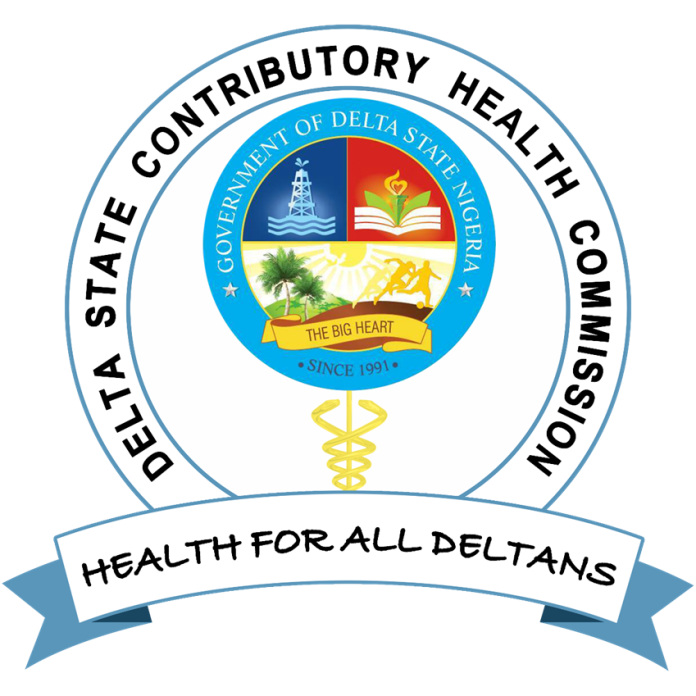BY JUMAI NWACHUKWU
THE Delta State Contributory Health Commission (DSCHC) has intensified its sensitisation campaign by engaging directly with civil servants, introducing fresh measures to improve service delivery, enforce accountability, and protect enrollees under the state’s health insurance scheme.
At a stakeholders’ engagement held in Asaba with representatives from various Ministries, Departments and Agencies (MDAs), the Director-General of DSCHC, Dr. Isaac Akpoveta, described the forum as part of a renewed “re-sensitisation” initiative, which according to him, aligned with MORE Agenda. The goal, he said, was to ensure that all critical stakeholders, especially within the formal sector, are fully informed about recent reforms and their rights under the scheme.
“We have engaged doctors, nurses, billing officers, and accountants. Now it’s time to speak directly to the civil servants, the labour force,” Dr. Akpoveta stated. “Even though labour is represented on the commission’s board, it’s still essential to explain our new direction and make sure every worker understands what they are entitled to.”
Dr Akpoveta explained that the meeting was not only to share information but also to build the capacity of enrollees to assert their rights and detect misconduct by service providers.
Among the new initiatives, Dr. Akpoveta highlighted the deployment of Service Quality Monitors to hospitals, tasked with ensuring civil servants receive prompt and respectful treatment.
He also announced the introduction of pharmacy monitors, positioned to confirm that prescriptions written by doctors are properly dispensed and not diverted or compromised.
In addition, the commission said it was sensitising civil servants about what is and isn’t covered under the scheme, to prevent out-of-pocket charges for services that are fully insured.
“If anyone charges you unlawfully, keep the receipt and report it. We will ensure you’re refunded. This is all about transparency and putting the enrollees in control.”
Speaking at the event, the Director of Administration and Human Resources, DSCHC and Chairman, Trade Union Congress (TUC) and Association of Senior Civil Servants, Comrade Bolum Nwachukwu, commended the commission’s responsiveness to feedback.
“For months, we’ve been engaging hospitals and other stakeholders. Now, it’s important to talk to the enrollees themselves, the civil servants since most complaints we receive originate from them,” he said.
He explained that due to the large number of civil servants, a more practical approach was adopted by inviting five representatives from each unit executives, to participate in the forum.
“This format allows us to share information, explain the reforms, listen to their feedback, and jointly address the challenges. Many of them are learning things they never knew before. Most of the complaints stemmed from ignorance and that’s what we’re correcting.”
A unit chairman from the Directorate of Transport and beneficiary of the health insurance scheme, described the meeting as an eye-opener.
“There’s a lot we didn’t know, but now we understand the commission’s efforts and the role of the state government in ensuring that all civil servants and residents of Delta have access to quality healthcare,” he said.


